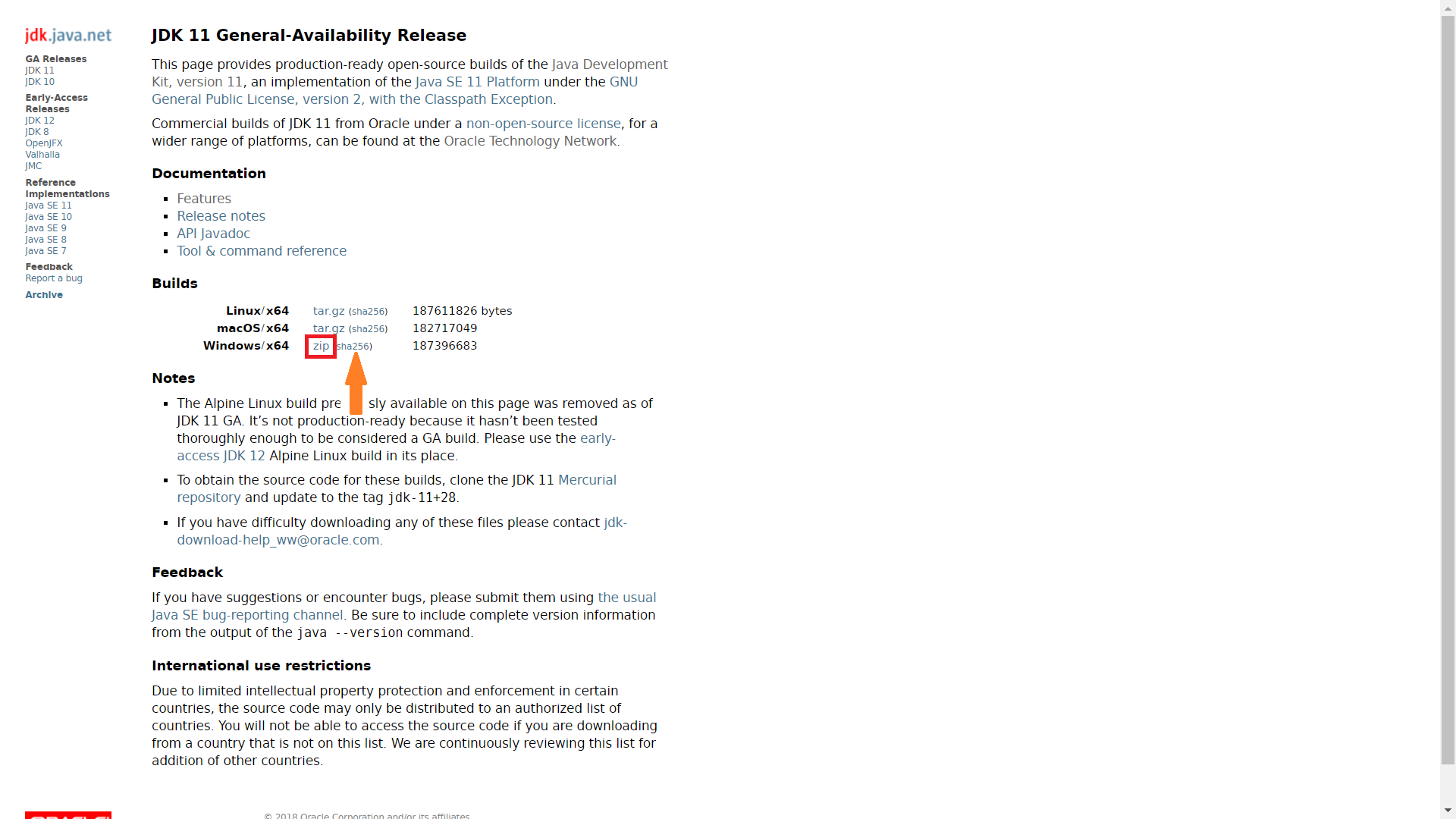

This is not a problem for me and I need no workaround. I'm looking for an explanation of the described scenario and maybe a hint to a configuration which adapt the package list parsing.

I have no reason to believe that the behavior on my desktop Ubuntu 18.04 is different. One overview of the command and results (with a project which requires JDK 8 through the maven-enforcer-plugin) is provided at. Why does apt-get install not scan the package list to check whether dependencies are provided? I'll go so far and say that apt-get usually does that, even though I find no info about it. However both apt-get update & apt-get install -yes maven openjdk-8-jdkĪnd apt-get update & apt-get install -yes openjdk-8-jdk mavenĬause OpenJDK 11 JRE to be installed because it's the default JRE. Install OpenJDK 8 JDK (including JRE) and then only Maven because a JRE is already provided. I noticed the following behavior on Ubuntu 18.04 running inside Docker (image docker:18.04): apt-get update & apt-get install -yes openjdk-8-jdk The package maven depends on default-jre-headless (>= 2:1.7) | java7-runtime-headless (according to sudo dpkg -I /var/cache/apt/archives/maven_3.5.2-2_all.deb).


 0 kommentar(er)
0 kommentar(er)
